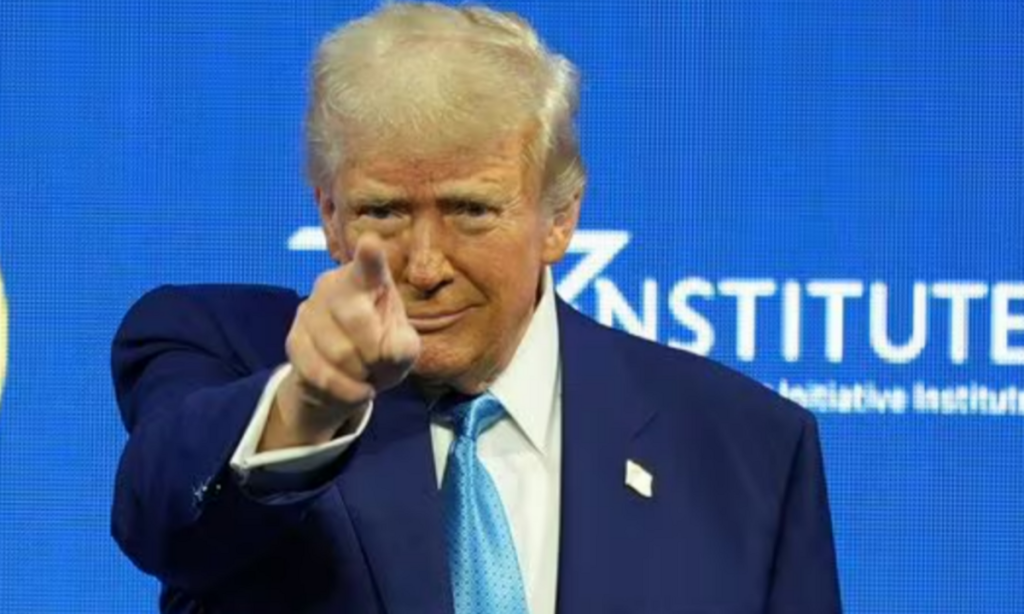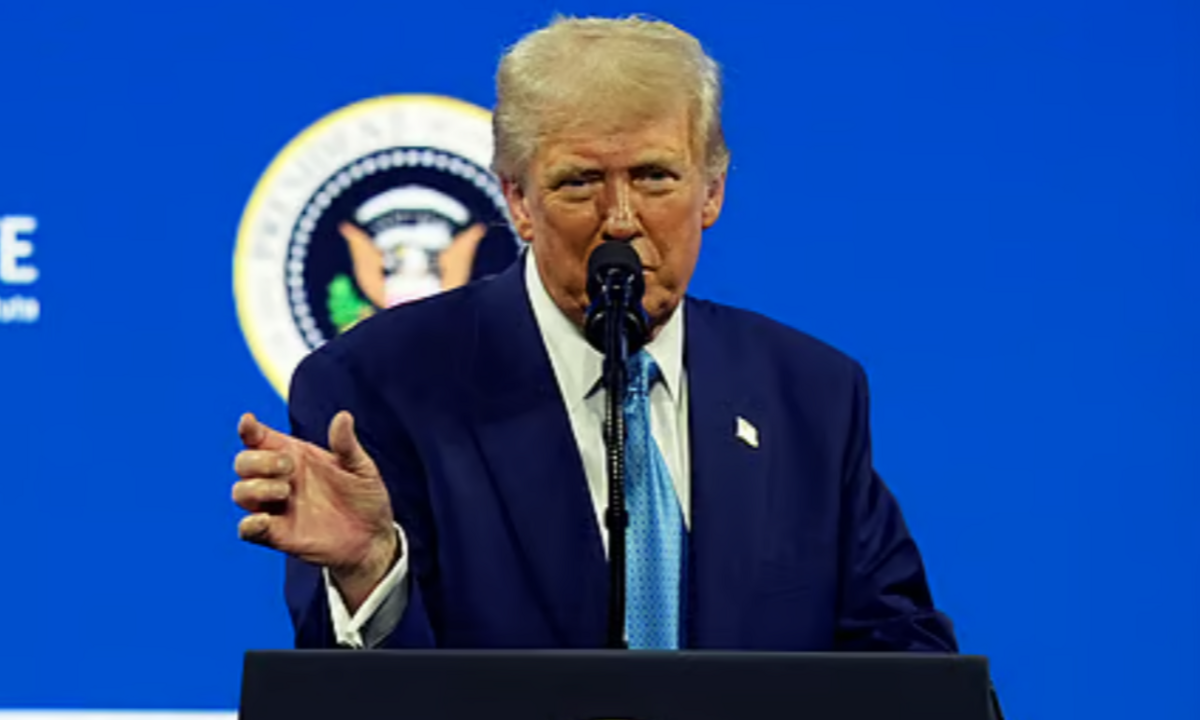In a recent development, former U.S. President Donald Trump has raised concerns over a $21 million allocation by the United States Agency for International Development (USAID) aimed at boosting voter turnout in India. Speaking at the Future Investment Initiative (FII) Summit in Miami, Florida, Trump questioned the necessity and intent of this funding, suggesting it might have been an attempt to influence India’s electoral outcomes.
Trump’s Remarks on the Funding
During his address, Trump expressed skepticism about the allocation, stating, “Why do we need to spend $21 million on voter turnout in India? I guess they were trying to get somebody else elected.” He further emphasized the need to address this issue with the Indian government, especially in light of concerns over foreign interference in domestic elections. Trump drew parallels to allegations of Russian interference in U.S. elections, highlighting the irony of the situation.
Economic Considerations
Trump also highlighted India’s economic stature and trade practices as reasons to question the funding. He noted, “They got a lot of money. They’re one of the highest-taxing countries in the world in terms of us. We can hardly get in there because their tariffs are so high.” This statement underscores his belief that U.S. financial aid should be reconsidered, especially for countries with robust economies and trade barriers that affect American businesses.
Department of Government Efficiency’s Decision
The controversy intensified when the Department of Government Efficiency (DOGE), led by billionaire Elon Musk, announced the cancellation of the $21 million funding. This move is part of DOGE’s broader initiative to scrutinize and reduce government expenditures deemed unnecessary. The decision to halt the funding was based on concerns about potential interference in India’s electoral process and the prudent use of taxpayer money.
Political Reactions in India
The cancellation has ignited a political debate within India. The ruling Bharatiya Janata Party (BJP) viewed the funding as an instance of external interference in India’s electoral affairs. Amit Malviya, head of the BJP’s National Information and Technology Department, questioned the necessity of such funding, especially given India’s capability to manage its own electoral processes. He pointed out that in 2012, the Election Commission of India (ECI) signed a memorandum with the International Foundation for Electoral Systems (IFES), an organization linked to USAID, for training purposes, but no financial transactions were involved.
Former Chief Election Commissioner S.Y. Quraishi refuted claims of foreign financial involvement, stating, “The report about an MoU by ECI in 2012 for funding by a US agency to raise voter turnout in India has no factual basis.” This clarification aims to dispel misconceptions about the nature of international collaborations in India’s electoral processes.
Understanding USAID’s Role
The $21 million allocation was part of a project funded by the Consortium for Elections and Political Process Strengthening (CEPPS), established in 1995 and supported by USAID. CEPPS collaborates with organizations like the National Democratic Institute and the International Republican Institute to support democratic processes worldwide. The intent behind such funding is to bolster democratic institutions and encourage political participation.
Broader Implications
This incident has sparked a broader discussion about the role of foreign aid in domestic electoral processes and the fine line between support and interference. While the objective of promoting democracy is commendable, the methods and implications of such funding require careful consideration to respect national sovereignty and avoid unintended political consequences.
The debate over the USAID’s $21 million funding for voter turnout in India highlights the complexities of international aid in the realm of democratic processes. As nations navigate the balance between supporting global democracy and respecting domestic affairs, transparency and mutual understanding remain crucial.
Disclaimer—Our team has checked this article to ensure its accuracy and eliminate any misinformation. We are committed to providing clear and reliable information for our readers.


